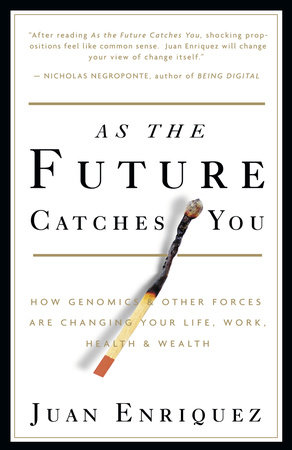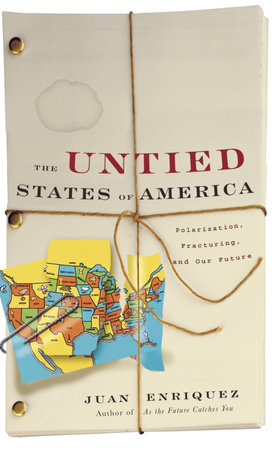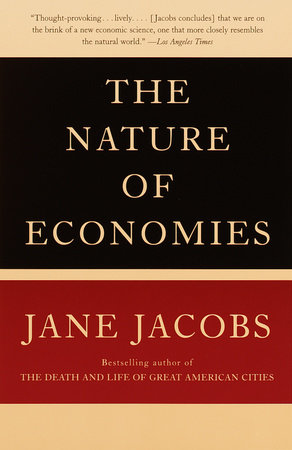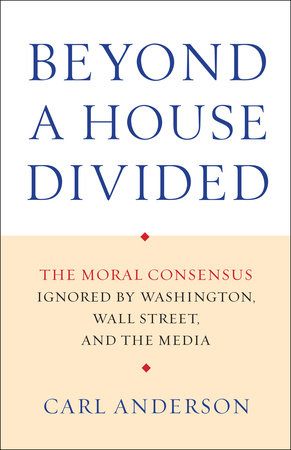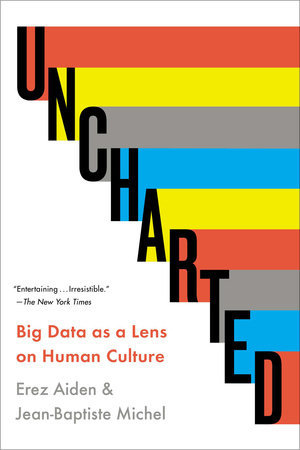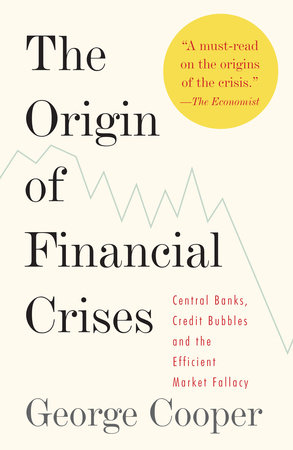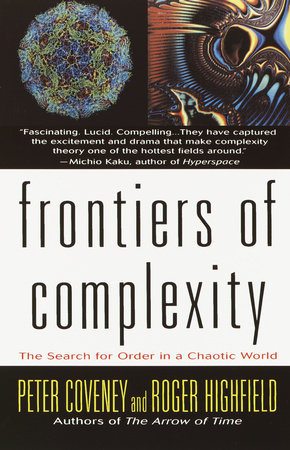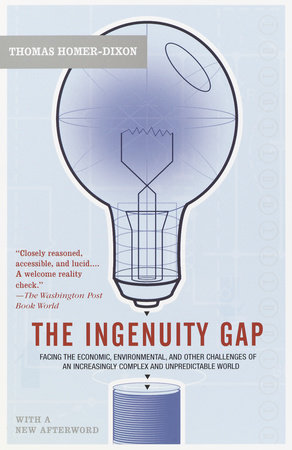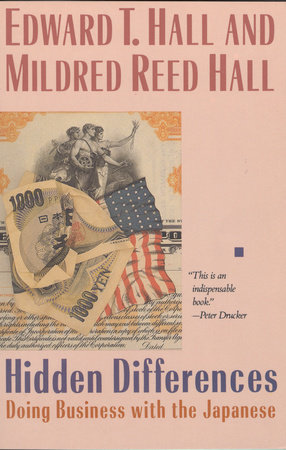Who do you see as your audience?
This book is for anyone who is curious about the future, and I hope it will spark debates around family dinner tables. No matter what Mom and Dad do for a living, or how much they know about science, they can read the book quickly and have a different take on what’s happening around the world. The same for their children, whether they’re in college or high school. Topics like genetic engineering and cloning are constantly in the news, and I want to help people understand them and wrestle with them.
Why did you use this unconventional format of bulleted facts mixed with charts and graphs and pictures?
Many people are afraid of science–they think it’s beyond them. Scientists reinforce this by cloaking their work in their own private language. As a result, we rarely understand and debate the greatest single driver of wealth and growth, which is knowledge. But today’s discoveries affect us all, so we have to frame the debate in terms everyone can understand and relate to.
Also science is fun and whimsical, and I really wanted the book to reflect this. I hope it can transmit some of the excitement I feel about the marvelous adventures going on in science and technology.
Your background is mostly in economics and international politics–how did you get so involved in genomics and other science topics?
I never intended to get involved, but during the course of my research I found that technological discontinuities are the greatest single driver of long-term economic success…or failure. And the ability to understand and apply gene research is probably the greatest single discontinuity we have seen since the Industrial Revolution.
Bigger than the Internet?
Yes. The digital revolution was just the beginning. The genomics revolution will be far more powerful.
Give us an example of that. How differently do you think medicine will be practiced in 20 or 30 years?
Medicine will evolve the way dentistry has evolved–from brute–force intervention to prevention. Your grandparents went to the dentist to get their teeth pulled. You went to get your teeth filled. Kids today go to get their teeth cleaned. A dentist’s office is now mainly a collection of hygienists because our mouths are a lot healthier–we need less intervention.
As we understand disease better, because we can map and attack microbes better, or because we can start to tell to which diseases we may be statistically more prone, we will live a lot longer and remain much healthier. We will carry genetic ID cards. Medicine will be personalized and preventive. We will need fewer and fewer surgeons
When you think about the future, what excites you the most and what frightens you the most?
We are acquiring direct and deliberate control over the evolution of most life–forms. This is a power that will allow us to feed more people, cure more people, and live far better lives. That’s very exciting. But it will also change the nature of things like warfare and terrorism, which of course is very frightening.
